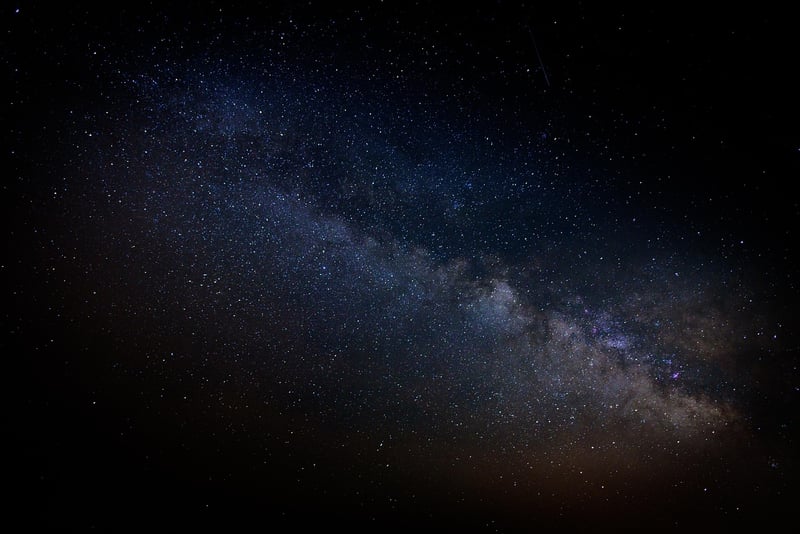Future Exploration
Exploring Different Eras and Future Exploration
The Past
Throughout history, humankind has always been driven by curiosity and a thirst for exploration. From the ancient civilizations of Mesopotamia and Egypt to the Age of Exploration led by European navigators like Christopher Columbus and Vasco da Gama, each era has seen remarkable feats of discovery and adventure.
Archaeological findings have provided valuable insights into the lives of our ancestors, helping us understand how they lived, interacted, and evolved over time. The study of past civilizations continues to unravel mysteries and expand our knowledge of human history.
The Present
In the modern era, exploration has taken on new forms. Space exploration has captured the imagination of millions, with missions to Mars, the Moon, and beyond pushing the boundaries of what we thought was possible. Advancements in technology have enabled us to delve deeper into the oceans, uncovering hidden ecosystems and species that were previously unknown.
Exploring the depths of our own planet and venturing into the vast expanse of space has opened up new frontiers for scientific research, paving the way for future discoveries that could revolutionize our understanding of the universe.
The Future
As we look ahead to the future, the possibilities for exploration seem endless. Innovations in artificial intelligence, robotics, and space travel hold the promise of unlocking even greater mysteries and venturing further into the unknown.
From missions to distant planets and exoplanets to the potential for human colonization of other worlds, the future of exploration is filled with excitement and anticipation. Who knows what wonders we will uncover and what challenges we will overcome as we continue to push the boundaries of exploration?
Join us on this journey as we explore the past, present, and future of exploration!

For more information on exploration and discovery, visit NASA's official site.
